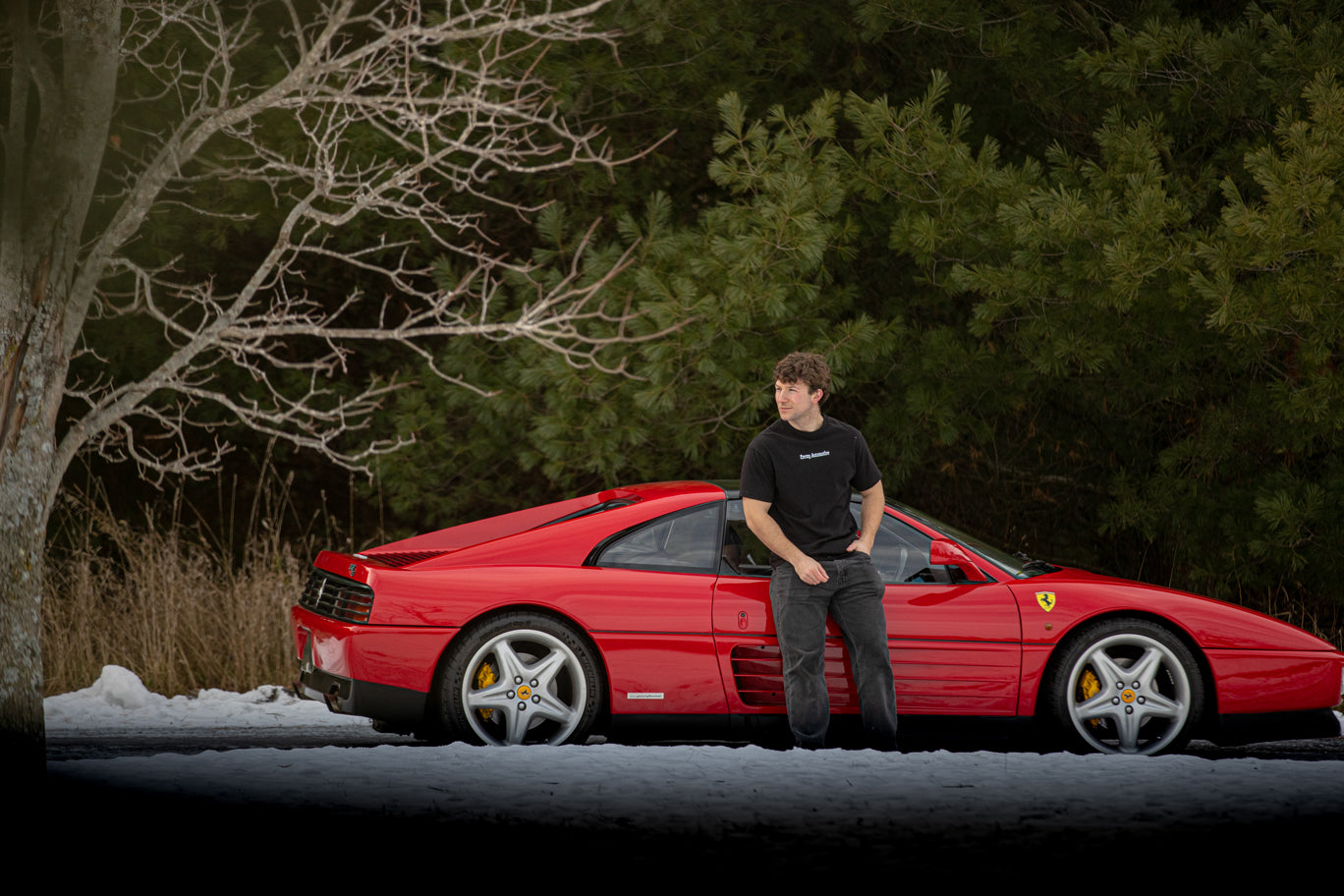Car Ownership Is Fading

Today, I've got something new for you. It's called ENEMY Cars & Clothing. The concept is fairly simple, the idea is to take a moment every month and discuss with you guys my take on specific topics related to the automotive and clothing world.
This month, I wanted to look into why car ownership is fading (I know right? How could this be?).
One of the most dramatic shifts in car culture is the declining interest in car ownership among Gen Z. While previous generations saw owning a car as a rite of passage to adulthood, younger people are less eager to purchase a car and for various reasons:
- The Rise of Ride-Sharing & Alternative Transportation - Younger people often prioritize convenience over ownership, preferring on-demand transportation rather than dealing with maintenance, insurance, and parking.
- Urbanization & Changing Lifestyles - Cities like New York, San Francisco, and Toronto have seen a rise in cycling, scooters, and public transport use, shifting car ownership from a necessity to a luxury.
- Financial Barriers & High Car Costs - The cost of purchasing and maintaining a car has skyrocketed due to inflation, insurance hikes, and rising gas prices. Interest rates on auto loans have also increased, making financing a vehicle more expensive.
- Environmental Concerns - Many young consumers are more environmentally conscious and see cars—especially gas-powered ones—as harmful to the planet. (we'll have to talk more about EVs, as it's a whole topic of its own...and a big one).
Now rest assured, car ownership isn't totally disappearing YET. The traditional model is changing, forcing the industry to rethink how they engage younger consumers who prioritize flexibility, affordability, and sustainability over long-term ownership.
Some brands are already adapting by:
- Introducing car subscription services (e.g., Porsche Drive), which offer an all-inclusive monthly fee covering the car, insurance, and maintenance—without the long-term commitment of ownership.
- Expanding car-sharing programs (e.g., BMW’s Share Now, Toyota Kinto), which allow drivers to access a car when needed rather than owning one full-time.
Developing more compact and affordable electric vehicles (EVs) that cater to urban dwellers and environmentally conscious buyers. - Incorporating digital experiences and connected services, recognizing that Gen Z is more likely to engage with brands through apps, social media, and tech-driven conveniences rather than traditional dealership experiences.
Ultimately, the auto industry will adapt, but it's our duty as car enthusiasts to keep the culture alive! We cannot cave.




Leave a comment